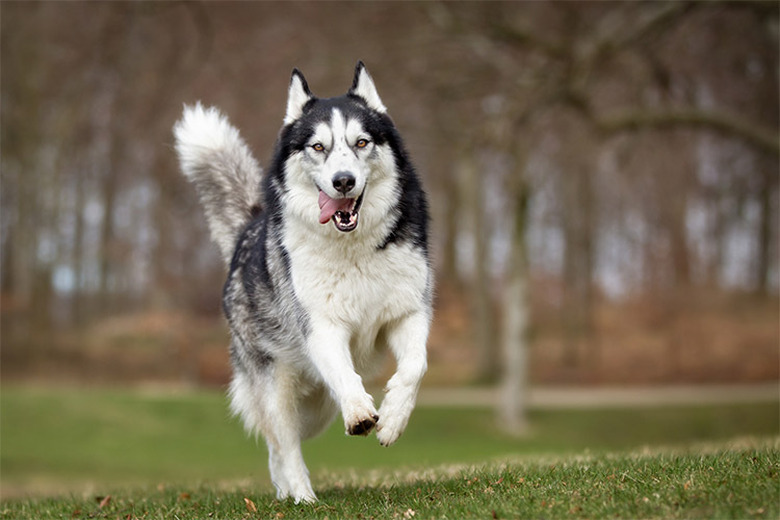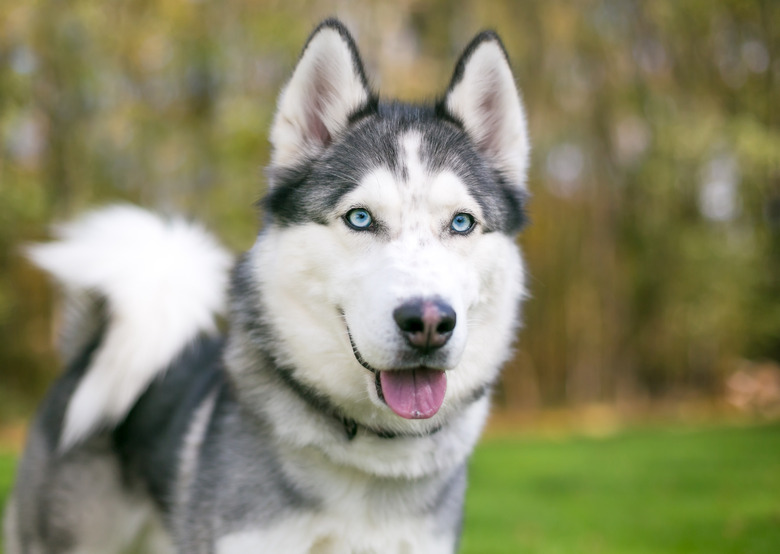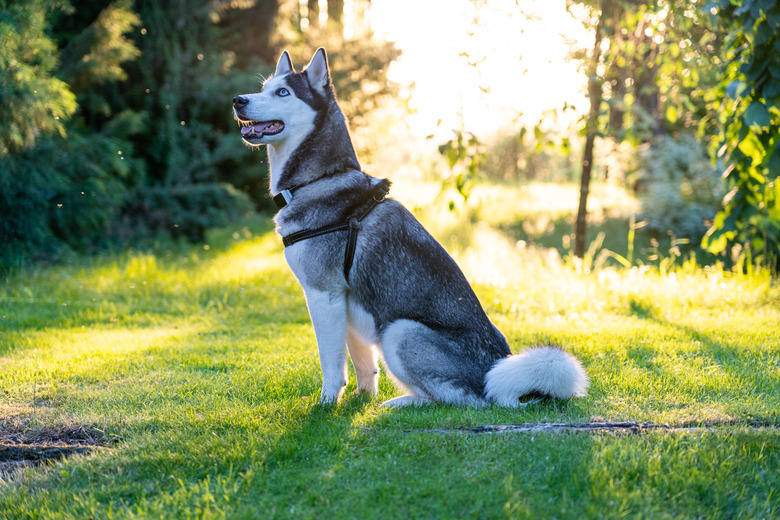Do Huskies Get Along Well With Other Animals
Siberian huskies are majestic sled dogs who, just like their name suggests, come from Russia's frigid Siberia region. Huskies and husky types are known for usually having pleasant and mild dispositions, but it is important to monitor them when they interact with other animals, especially animals they've never met. However, the American Kennel Club identifies Siberian huskies as being very good with other dogs, even if the breed is known to be a bit mischievous. Apparently, whether or not the husky is familiar with the other dog, might make the all difference.
Siberian huskies temperament
Siberian huskies temperament
Siberian huskies might have stoic and intense physical appearances, but they are actually often loving and humorous creatures. They are considered to be self-sufficient, vigilant, smart, courageous, and sometimes even stubborn animals. They can rarely resist chasing small animals, and because they are usually friendly with people, they don't make good watch dogs.
When they are trained and socialized properly, Siberian huskies usually do well in the company of children, too, although it's important to always watch over these interactions. Since they aren't guardian dogs, they aren't usually wary of unfamiliar people. They adore family members, acquaintances and even sometimes new people. They flourish on a lot of interaction with human beings.
Huskies and small dogs
Huskies and small dogs
When it comes to fellow canines, Siberian huskies are usually good with other dogs. By nature, they are pack animals and generally appreciate the presence of other dogs, especially if they live in the same homes. However, Siberian huskies can sometimes react fiercely to "newbie" dogs, often by pouncing and biting. Huskies and small dogs, especially, need to be monitored, and most importantly, socialized with other dogs of all sizes from a young age.
Reacting, sometimes fiercely, to new or unfamiliar dogs is especially common in husky types who simply haven't been around a lot of other pooches, particularly during young and impressionable stages of their lives. New dogs can sometimes make Siberian huskies feel on edge, and they sometimes get defensive as a means of coping with their fear.
Huskies and other animals
Huskies and other animals
Although Siberian huskies get along well with domestic canines, smaller animals can sometimes be problematic. Siberian huskies have predatory feelings that come naturally to them, and it might not always be apparent to them that certain animals aren't exactly their next meals. The sight of certain animals could bring out their hunting urges. Cats, hamsters, rabbits, squirrels, guinea pigs, mice, and birds are all examples of creatures Siberian huskies could potentially view as prey. Do not rule out tiny dogs, either.
Husky types off leash
Husky types off leash
Siberian huskies have the tendency to run after any animals that try to escape their field of vision — consider not only unfamiliar cats, but also livestock, deer, and squirrels. Because huskies are known as escape artists and have a tendency to run off, walking a husky off leash isn't advisable.
It is crucial to always closely supervise Siberian huskies who are near other animals, big and small. It is also vital to never allow Siberian huskies to roam freely around such creatures. Even a Siberian husky with the best disposition could bring upon extremely hazardous consequences in other animals, including fatalities. The dog could also seriously hurt himself. Be extremely cautious in these situations.


